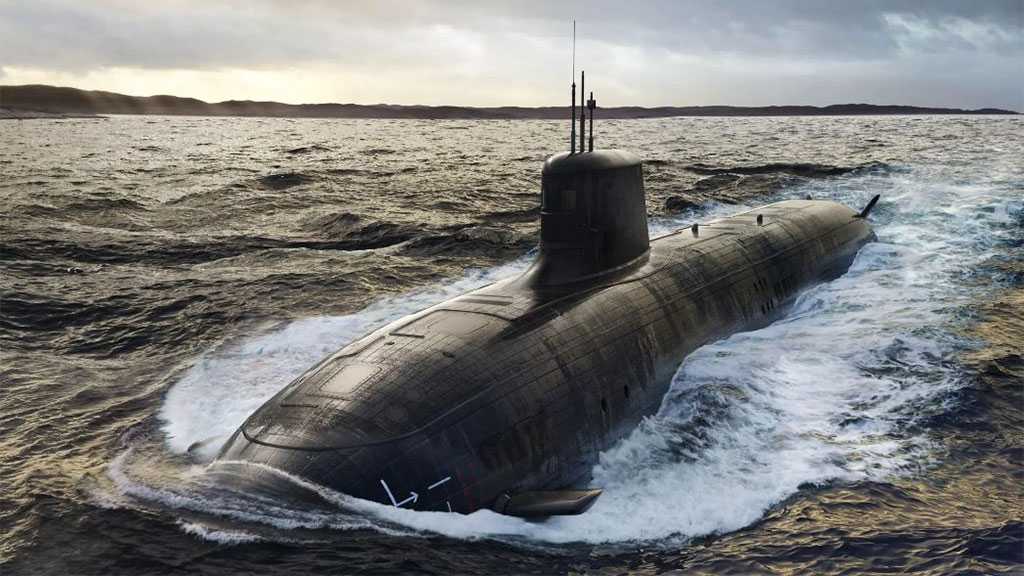AUKUS Nuclear Submarine Deal Loophole Prompts Proliferation Fears

By Staff, Agencies
The Australia-United Kingdom-United States [AUKUS] scheme announced on Monday in San Diego represents the first time a loophole in the 1968 Nuclear Non-Proliferation Treaty [NPT] has been used to transfer fissile material and nuclear technology from a nuclear weapons state to a non-weapons state.
The loophole is paragraph 14, and it allows fissile material utilized for non-explosive military use, like naval propulsion, to be exempt from inspections and monitoring by the UN nuclear watchdog, the International Atomic Energy Agency [IAEA]. It makes arms controls experts nervous because it sets a precedent that could be used by others to hide highly enriched uranium, or plutonium, the core of a nuclear weapon, from international oversight.
On Tuesday, the Chinese mission to the UN accused the US and UK of “clearly violating the object and purpose of the NPT,” adding that “Such a textbook case of double standard will damage the authority and effectiveness of the international non-proliferation system.”
“The nuclear submarine cooperation plan, released today by AUKUS, is a blatant act that constitutes serious nuclear proliferation risks, undermines international non-proliferation system, fuels arms races, and hurts peace and stability in the region,” the mission said.
Japanese prime minister Fumio Kishida supports the steps taken by AUKUS, Kyodo News reported. The government said that the nuclear-powered submarine procurement plan was explained to Kishida in a phone call with Australian prime minister, Anthony Albanese, on Tuesday.
The AUKUS partners have held intensive discussions with the IAEA about the plans and have taken steps to limit the risk. Early on in the talks, the idea was floated that paragraph 14 might not be invoked at all, and the nuclear fuel would be kept under IAEA safeguards. However, the IAEA was not prepared to have its inspection standards watered down to the extent that the agency would not be able to determine the timing of a visit, and the AUKUS partners were squeamish about letting an international team of inspectors aboard their state-of-the-art submarines.
To mitigate the proliferation risk, the Australians have agreed not to have a training reactor on their territory, but train their submariners in the US and the UK instead. Australia will not enrich or reprocess the spent nuclear fuel, and the fissile material provided by the US and the UK will come in welded units that do not have to be refueled in their lifetime. Australia has undertaken not to acquire the equipment necessary to chemically reprocess spent fuel that would make it usable in a weapon.
Comments
- Related News




